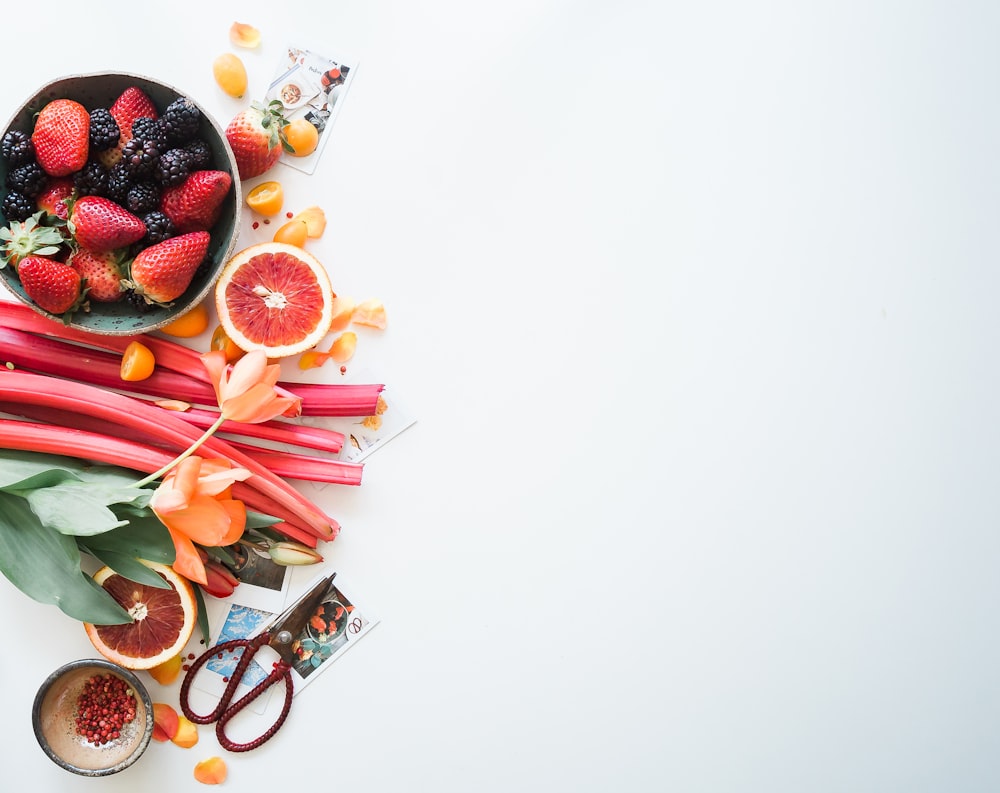Why Do Vegans Have Bad Teeth?
Why Are Vegans’ Teeth Sick? A lot of people choose to eat vegan for a variety of reasons, however over time, food particles can accumulate on teeth and lead to cavities.
To meet their nutritional needs, vegans may engage in unhealthy snacking; these foods may include sweets and acids that erode enamel.
Frequent Snacks
In order to meet their energy needs, vegans frequently snack throughout the day. This increases their risk of tooth decay and enamel erosion because they eat sugary and starchy foods like fruits, breads, crackers, pasta, and rice, which feed bacteria that cause plaque and tartar deposits and lower saliva pH levels, which worsen tooth decay.
Both potassium and calcium, which are necessary elements for healthy teeth, must be consumed in sufficient amounts by vegans. Avocados, bananas, prunes, Swiss chard, and tomatoes are good sources of potassium, whereas leafy greens, nuts, and seeds, tofu, figs, and dark chocolate are good sources of calcium.
Vegans must ensure they consume sufficient Vitamin D. This essential nutrient helps the body absorb and retain calcium for healthier teeth and bones, found naturally in some foods like fatty fish, mushrooms and egg yolks; vegans can supplement their intake through fortified cereal or sun exposure.
Read this: Is Het Vegan?
High Sugar Content
Why Do Vegans Have Bad Teeth? Although a vegan diet is beneficial to overall health, it can increase tooth decay and erosion. To maintain good oral hygiene it’s essential that whole food products that contain less sugar are eaten regularly as well as visiting a dentist in Putnam for exams and cleanings regularly.
Vegans’ poor teeth may be due to consuming a diet high in sugar. Vegans rely heavily on sweet snacks like cookies, cakes, muffins, crackers and rice as energy-sustaining sources, fuelling bacteria in your mouth that lead to decay and erosion of their enamel.
Raw vegan diets may contribute to tooth issues, particularly if they include large quantities of citrus fruits. Chimpanzees in the wild are frugivores and consume large quantities of ripe fruits that wear down their teeth by clamping onto them with their teeth to suck out juice from them – this exposes the enamel to acid for extended periods throughout their day and exposes acid exposure on them.
Vegans can reduce their risk of acid erosion and tooth decay by choosing nutritious whole foods low in sugar. Consuming calcium, phosphorous and vitamin A-rich foods such as leafy greens, almonds, tofu or beans is key in protecting teeth against acid erosion; while amino acid arginine found in meat dairy and fish also provides protection by breaking down plaque deposits on teeth.
Acidic Fruits
Many individuals opt for a meat-free diet due to various reasons. Some believe eating meat harms the environment while others simply prefer the taste of fruits and vegetables over meat products. Unfortunately, veganism can lead to tooth decay and other dental complications if not carefully managed.
Vegan diets tend to contain many starchy foods that digest into sugar when digested and acidic fruits that erode enamel, along with inadequate amounts of calcium and other essential nutrients that could increase tooth decay and gum disease risks.
Vegans may experience difficulty brushing effectively due to snacking between meals to meet nutritional requirements; frequent contact between teeth and food promotes plaque buildup.
Vegan diets may also result in deficiencies of essential amino acids found primarily in meat, such as arginine. Arganine helps prevent cavities and gum disease by breaking down dental plaque and soy products contain some amino acids; soy beans, lentils and pumpkin seeds provide additional sources. To make sure you’re getting enough arginine it is a good idea to consume various food items as well as supplement with Vitamin B12.
Calcium Deficiency
People on vegan diets may not receive enough of certain nutrients that are typically found in meat and dairy products, putting their health at risk of gum disease, tooth decay and other dental complications. Eating foods rich in calcium, phosphorus and vitamin A is one way to keep your teeth strong and healthy. Good sources of calcium include broccoli, leafy greens and beans while chickpeas, soybeans and pumpkin seeds are excellent sources of phosphorus for rebuilding tooth enamel. Vitamin A helps strengthen mucous membranes within the mouth to combat gum disease and tooth decay; sources include apricots, cantaloupe carrots as well as leafy green vegetables like kale collard greens and spinach.
Consistent snacking exposes your teeth to bacteria which can lead to plaque and cavities, so if you are vegan it is important to make sure that you receive adequate nutrition to support optimal oral health. Speak with both your dentist and dietician about ways that they can assist.
Vitamin B12 deficiency can result in depression, fatigue and memory loss – symptoms which plant sources like algae (nori), fortified cereals and portabella mushrooms can address. Vegans would benefit from taking daily B12 supplements.
Read also:
- https://ombalad.com/how-much-are-vegan-cupcakes/
- https://ombalad.com/how-many-fruitarians-are-there-in-the-world/
- https://ombalad.com/do-vegetarians-get-cancer/
Why Do Vegans Have Bad Teeth? Watch this:









